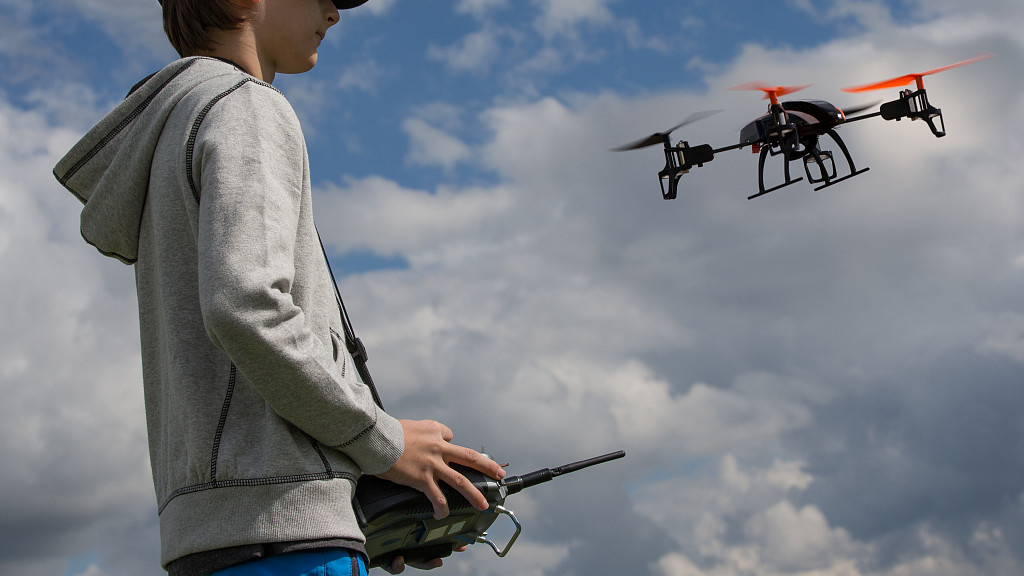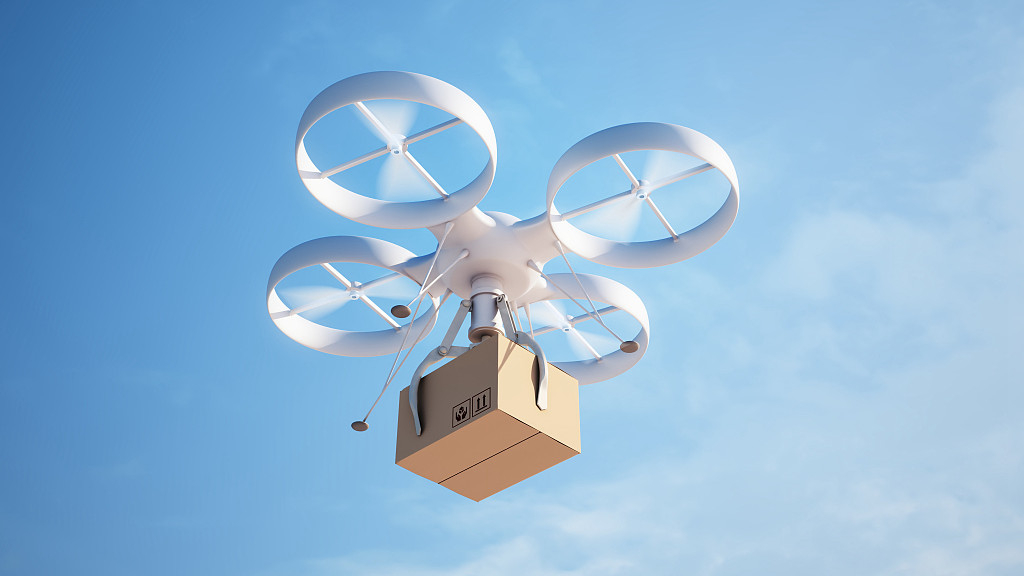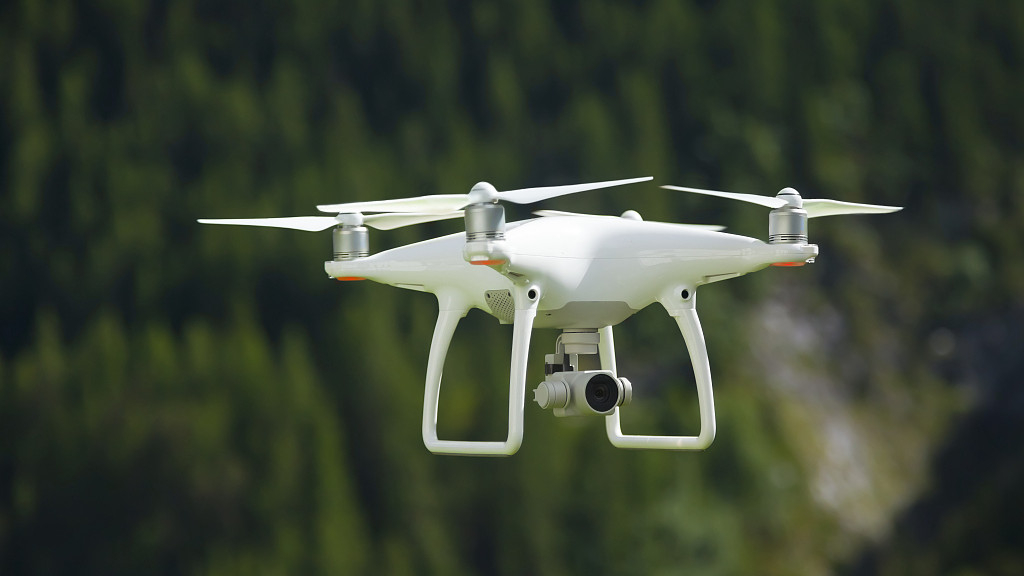
Money Stories
19:38, 02-May-2019
Looking for a new job? Learn how to fly a drone
Chen Tong
03:10

Flying drones has become far more than a hobby. People have found professional use for them in a range of new areas – professional photography, agriculture and security. The rapid development of drone technology has created a new job – drone pilots, an occupation which has just been officially listed as a profession in China.
Aerial photography is one of the areas where drone pilots are needed the most. Camera operators are being required to learn how to navigate this new technology in some companies.
"It is simple at first but it got harder when we had to turn off the GPS during training," said Tu Jiayun, a cameraman at Shanghai Media Group who learned this new shooting technique two years ago. At the organization, 15 percent of the camera people have been trained to shoot aerial pictures using drones.
As the demand for aerial photography has boomed in the last few years, some professional photographers have begun to make their living with drones. Liu Supei, one of China's first aerial photographers, now holds two professional licenses and shoots documentaries for both domestic and foreign media. Liu said he hardly ever gets a holiday off in a year.

VCG Photo
VCG Photo
Aerial photography is also one of the most highly paid skills for drone pilots. For someone at Liu's skill level, the pay is quite decent.
He said: "In Shanghai, the pay is 8,000 yuan a day. Sometimes if it's a long shoot, like for documentaries, I will get paid by the month." That's a good reason to study up, considering that the monthly average salary in Shanghai is about 10,000 yuan (1,484 U.S. dollars).
Apart from aerial photography, there are many other areas which don't require such advanced skills. Jobs like spraying farm pesticides, or inspecting countryside areas that may be difficult to reach from the ground, require less flight training.
In 2014, the number of drone pilots holding professional licenses from the Civil Aviation Administration was less than 2,000, but now it is 10 times as much as it used to be.
But it is difficult for regulations to keep up with the soaring demands. Currently, institutions and companies hiring drone services are not required to ensure that their pilots are licensed. Chen Guangwen, CEO of Shanghai Hi-Shots Aviation Technology company, who trains drone pilots for a living, says the increasing use of drones means the market has to become more regulated.

VCG Photo
VCG Photo
Chen started to offer training in 2014, back when training to be a drone pilot was considered unimportant. But as concerns over the safety of flying drones rise, the Civil Aviation Administration introduced regulations such as requiring people to have qualification certificates if they want to operate a certain type of drone.
"If the industry is to develop in a healthy manner, pilots should be professionally licensed. If they get a license, it's easier to get flying approval from the authorities, and insurance coverage as well. The industry is becoming more regulated," said Chen.
The value of China's drone service market will reach over two billion U.S. dollars in 2020, with an annual increase of over 15 percent, according to Qianzhan, an industrial research information service platform. Meanwhile, tech consulting firm IDC says it expects global investments in drones to total 12 billion U.S. dollars this year.

SITEMAP
Copyright © 2018 CGTN. Beijing ICP prepared NO.16065310-3
Copyright © 2018 CGTN. Beijing ICP prepared NO.16065310-3